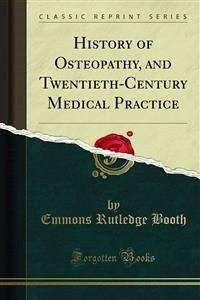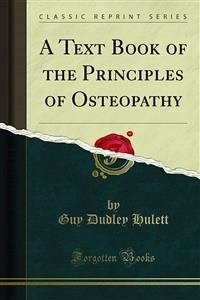The Division of Economics and History of the Carnegie Endowment for International Peace is organized to ‘promote a thorough and scientific investigation of the causes and results of war.’ In accordance with this purpose a conference of eminent statesmen, publicists, and economists was held in Berne, Switzerland, in August 1911, at which a plan of investigation was formed and an extensive list of topics was prepared. The programme of that Conference is presented in detail in an Appendix. It will be seen that an elaborate series of investigations has been undertaken, and the resulting reports may in due time be expected in printed form.
Of works so prepared some will aim to reveal direct and indirect consequences of warfare, and thus to furnish a basis for a judgement as to the reasonableness of the resort to it. If the evils are in reality larger and the benefits smaller than in the common view they appear to be, such studies should furnish convincing evidence of this fact and afford a basis for an enlightened policy whenever there is danger of international conflicts.
Studies of the causes of warfare will reveal, in particular, those economic influences which in time of peace bring about clashing interests and mutual suspicion and hostility. They will, it is believed, show what policies, as adopted by different nations, will reduce the conflicts of interest, inure to the common benefit, and afford a basis for international confidence and good will. They will further reveal the natural economic influences which of themselves bring about more and more harmonious relations and tend to substitute general benefits for the mutual injuries that follow unintelligent self-seeking. Economic internationalism needs to be fortified by the mutual trust that just dealing creates; but just conduct itself may be favoured by economic conditions. These, in turn, may be created partly by a natural evolution and partly by the conscious action of governments; and both evolution and public action are among the important subjects of investigation.
This monograph on epidemics resulting from wars is designed to bring into light an aspect of international conflict that has never been adequately appreciated. An examination of the facts here presented will indicate that until comparatively recent times the most serious human cost of war has been not losses in the field, nor even the losses from disease in the armies, but the losses from epidemics disseminated among the civil populations. It was the war epidemics and their sequelae, rather than direct military losses, that accounted for the deep prostration of Germany after the Thirty Years’ War. Such epidemics were also the gravest consequence of the Napoleonic Wars.
It may appear that a study of war epidemics can have only historical interest, in view of the progress of modern medical science. Plague, cholera, and typhus can be brought under control by modern methods of sanitation. One can point to the fact that in the present great war, the only serious epidemic that has been reported is the typhus fever epidemic in Serbia.
Of works so prepared some will aim to reveal direct and indirect consequences of warfare, and thus to furnish a basis for a judgement as to the reasonableness of the resort to it. If the evils are in reality larger and the benefits smaller than in the common view they appear to be, such studies should furnish convincing evidence of this fact and afford a basis for an enlightened policy whenever there is danger of international conflicts.
Studies of the causes of warfare will reveal, in particular, those economic influences which in time of peace bring about clashing interests and mutual suspicion and hostility. They will, it is believed, show what policies, as adopted by different nations, will reduce the conflicts of interest, inure to the common benefit, and afford a basis for international confidence and good will. They will further reveal the natural economic influences which of themselves bring about more and more harmonious relations and tend to substitute general benefits for the mutual injuries that follow unintelligent self-seeking. Economic internationalism needs to be fortified by the mutual trust that just dealing creates; but just conduct itself may be favoured by economic conditions. These, in turn, may be created partly by a natural evolution and partly by the conscious action of governments; and both evolution and public action are among the important subjects of investigation.
This monograph on epidemics resulting from wars is designed to bring into light an aspect of international conflict that has never been adequately appreciated. An examination of the facts here presented will indicate that until comparatively recent times the most serious human cost of war has been not losses in the field, nor even the losses from disease in the armies, but the losses from epidemics disseminated among the civil populations. It was the war epidemics and their sequelae, rather than direct military losses, that accounted for the deep prostration of Germany after the Thirty Years’ War. Such epidemics were also the gravest consequence of the Napoleonic Wars.
It may appear that a study of war epidemics can have only historical interest, in view of the progress of modern medical science. Plague, cholera, and typhus can be brought under control by modern methods of sanitation. One can point to the fact that in the present great war, the only serious epidemic that has been reported is the typhus fever epidemic in Serbia.









